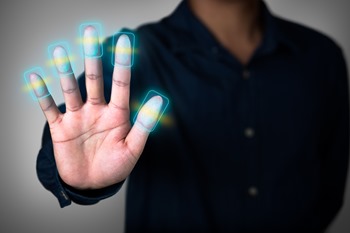
Biometrics is defined as the application of statistical analysis to biological data in the Oxford dictionary and uses unique physical or behavioural traits to verify the identity of an individual. Biometrics is not a new concept.
Police have been using fingerprint identification since the 1800s, however the advancement of computer technology has allowed companies to use biometric devices to increase their security immensely. Biometrics have allowed companies to move away from less secure practices such as passwords and pin numbers to practices that are harder to hack such as fingerprints, iris scanners and even voice recognition devices. Some companies even utilize multi-factor authentication to log in to a computer.
The most popular usage of biometric data in security is a fingerprint reader. What used to be something seen only in science fiction movies is now used in every day life. Many people even use this this technology on a daily basis and a lot of people even use this technology to gain access to their mobile phones. The same technology is a great option for companies to incorporate into their security plan. Now the technology is widely available, the cost is relatively low, especially compared to other forms of biometrics such as iris scanners and facial recognition.
Here we discuss the benefits of using biometric security devices as part of an overall security plan.
• Biometric security devices remove some need for passwords. Unlike passwords, biometrics are not easily shared or hacked. Password security issues account for many data breaches within companies.
• Biometric security devices can be used to avoid cyber and physical security breaches- Modern devices are extremely versatile as they can not only be used to prevent hacking and other data breaches but are regularly used for access control and authorization. Unlike keys and proximity cards, biometrics cannot be stolen which makes them great addition to your physical security.
• The technology is becoming cheaper over time. Although facial and iris recognition is still expensive, fingerprint recognition continues to decrease in price, making them a realistic option for many businesses.
• Fingerprint recognition is more accurate than voice recognition.
• They can increase convenience- biometric security devices are extremely efficient and convenient as an employee do not need to remember anything in order to access the building or information, only biological features such as fingerprint or are needed.
• Can be incorporated seamlessly with other methods of security- You can team biometrics with many aspects of your existing security and doesn’t necessarily need to replace anything, it can be used in addition.
• Biometrics are accurate- Although they are not perfect, biometrics are a lot more accurate at identification than the use of passwords or access cards. If you work in a high-risk sector, then biometrics are a perfect choice.
• Biometrics can also help with accountability. If any security breaches take place, a biometric security system will provide data that is easy to analyse and confirm how the breach took take and by whom.
Are there any drawbacks to biometrics in security?
Despite its many benefits, there are still some areas of concern that businesses should consider. Biometric security devices can sometimes be slower in practice due to the time it takes for people to apply their finger to the device and for the reader to process the information. If you have an extremely high trafficked area, you should consider whether biometric security devices would effect building access in high-volume periods such as the beginning or end of shifts.
Although biometrics cannot be lost like access cards can, this does not mean that there are no ways to gain access to someone’s fingerprint. If a security breach does happen, you can easily replace an access card but when we are talking about someone’s fingerprint, it is another story!
The important thing to remember is that despite how beneficial biometric security devices could be, you should not rely on them as your only method of security as despite its many benefits, biometrics remains imperfect. Consider implementing multifactor security system, regardless of the advances in technology. By teaming up biometrics as part of your overall physical and cyber security strategy, you can ensure your end to end security is as strong as possible and it can help to enhance physical security systems immensely.
To find out more about how biometrics can be incorporated into your physical security plan, please contact us on 01522 682255 for a free, no-obligation quotation and feasibility survey to assess your perimeter security equipment.

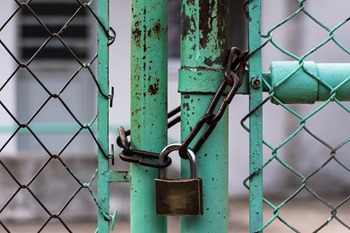
 Many businesses such as offices, schools and factories are are shut between Christmas and New Year. Although this break is much appreciated by employees, business managers need to ensure that security is up to scratch as it is often during this quiet period that criminals target business premises, they believe to be unoccupied.
Many businesses such as offices, schools and factories are are shut between Christmas and New Year. Although this break is much appreciated by employees, business managers need to ensure that security is up to scratch as it is often during this quiet period that criminals target business premises, they believe to be unoccupied.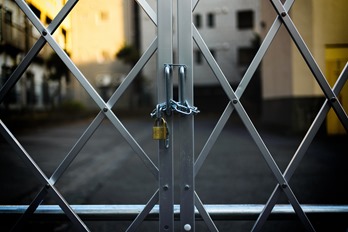
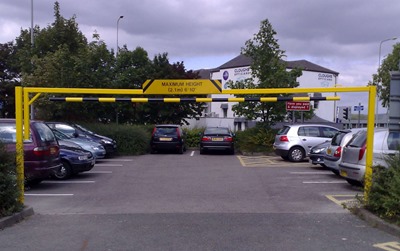

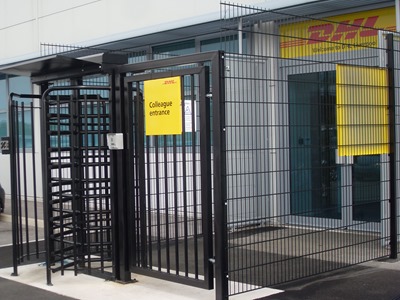
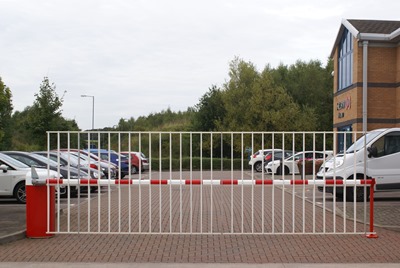
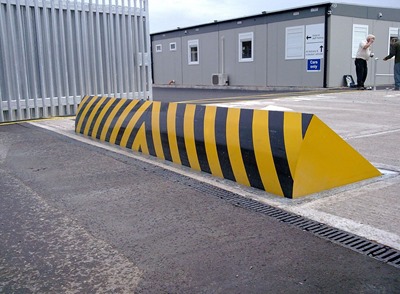
Recent Comments